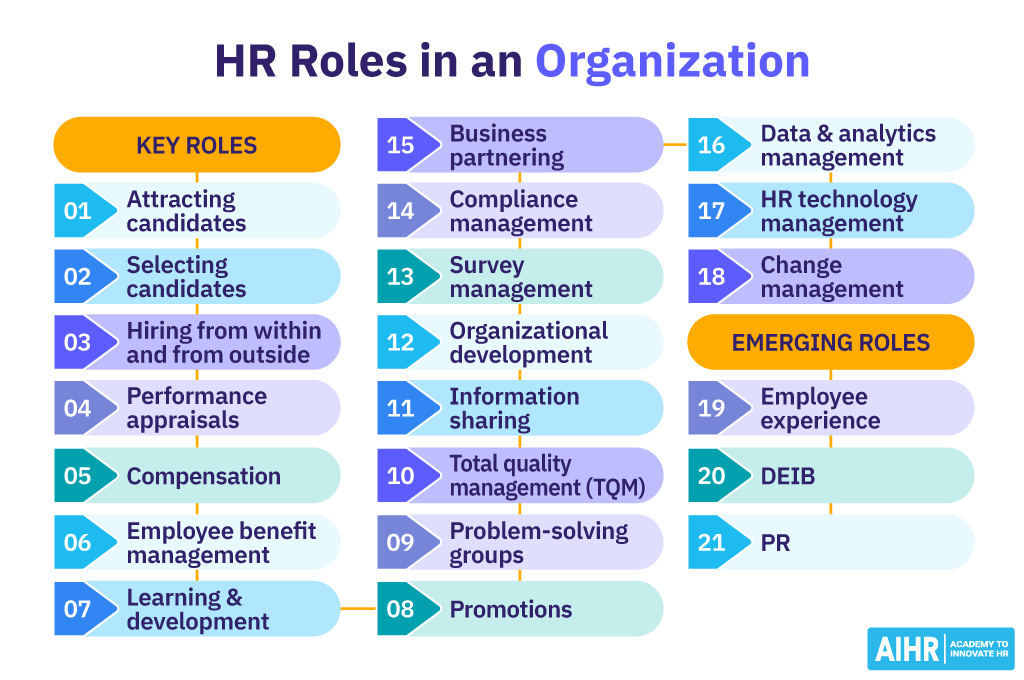
英国伦敦警察局的最新数据显示,向行动欺诈部门报告招聘诈骗案件的人数增加了超过八倍,过去一年通过招聘诈骗短信和WhatsApp信息盗取的金额从2万英镑跃升至近100万英镑。然而,伦敦警察局临时指挥官奥利弗·肖表示,这可能只是“冰山一角”,因为此类欺诈行为“极其被低报”。
招聘诈骗涉及犯罪分子以额外工作或收入的承诺吸引受害者,然后骗取他们的银行详情或控制他们的手机来盗取钱款。
18岁的贝拉·贝特顿(Bella Betterton)来自德文郡,她上了招聘诈骗的当,被骗走了3000英镑。诈骗分子首先通过WhatsApp信息和电话与她联系。诈骗分子通过电话进行了一次贝拉以为是真实的面试,面试内容是关于远程工作,包括使用他们的钱购买和评估产品。犯罪分子通过数十条信息和电话与贝拉沟通,直到他们在她的手机上安装了她怀疑是恶意软件的东西,从而进行了四笔大额的信用卡支付,支付给了一个不明的加密货币交易所。诈骗分子可能会要求支付少量的预付款,他们声称这些款项将在受害者的第一份工资中报销,用于支付正当的费用——如DBS检查、安全检查和小型设备。
金斯顿大学的犯罪学家、也是欺诈者使用的语言和短语专家的伊丽莎白·卡特博士说,招聘诈骗是一种高数量、多阶段的犯罪。“这些短信只会对一部分人有意义……但这是一个数量游戏。犯罪分子只需要少数人回应,受害者就会自行筛选。
“欺诈者会让受害者经历几个阶段,这些阶段是你通常会期望一个人力资源部门会问的——姓名、地址、出生日期、银行详情。
“所有这些信息本身就是有价值的数据,所以即使这个案件没有变成欺诈,这些数据也是有价值的,可以在暗网上出售。”
许多人员招聘公司已经加入了Jobsaware计划,这是执法机关和英国政府为应对这一问题而成立的特别工作组的一部分。该计划是在大流行期间招聘诈骗案件增加后推出的。到目前为止,近500家英国招聘公司向其候选人推广JobsAware,每天有超过50万个在线职位广告展示JobsAware的标志。
The rise in recruitment scams in the UK, as reported by the City of London Police, is a concerning trend that highlights the evolving nature of online fraud. The statistics indicate a significant increase in these scams, with an eightfold rise in reports to Action Fraud and the amount of money stolen jumping from £20,000 to nearly £1 million in just one year. This dramatic escalation underscores the seriousness and growing sophistication of these scams.
Recruitment scams typically involve criminals offering fake job opportunities to lure individuals. They use the promise of work or extra income to deceive victims into providing bank details or gaining access to their phones, often leading to substantial financial losses. The case of 18-year-old Bella Betterton from Devon is a poignant example. She was deceived through WhatsApp messages and phone calls, believing she was participating in a legitimate job interview. The scammers groomed her with consistent communication before presumably installing malware on her phone, which resulted in significant financial loss.
The complexity of these scams is highlighted by Dr. Elisabeth Carter, a criminologist at Kingston University. She points out that recruitment scams are high-volume, multi-stage crimes, employing specific language and tactics to manipulate victims. By mimicking the processes of legitimate HR departments, fraudsters collect valuable personal data, which can be used for further fraud or sold on the dark web.
The response to this growing threat includes initiatives like the Jobsaware scheme, a collaboration between law enforcement, the UK government, and staffing firms. This program aims to combat recruitment scams, especially following their increase during the pandemic. Nearly 500 UK recruiters are participating in promoting JobsAware to their candidates, and more than half a million online job adverts display the JobsAware logo daily, demonstrating the scale of efforts to raise awareness and protect job seekers.
This situation serves as a stark reminder of the need for vigilance in the digital age, especially when seeking employment opportunities online. Individuals must be cautious and verify the legitimacy of job offers and recruiters. Additionally, this highlights the importance of ongoing efforts by authorities, organizations, and the public in combating such fraudulent activities.





 扫一扫
添加客服
扫一扫
添加客服
